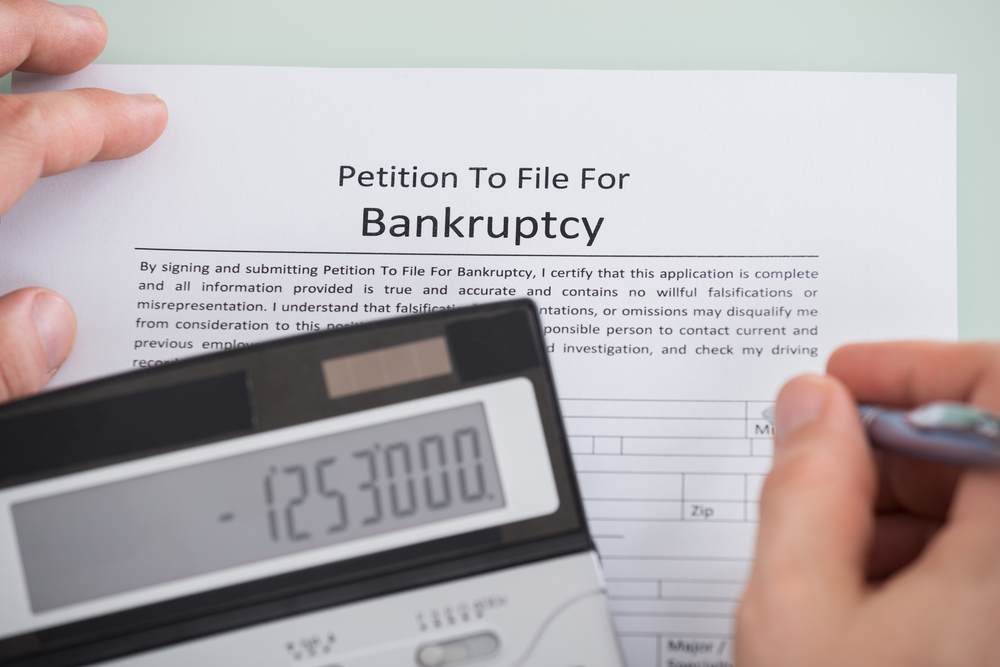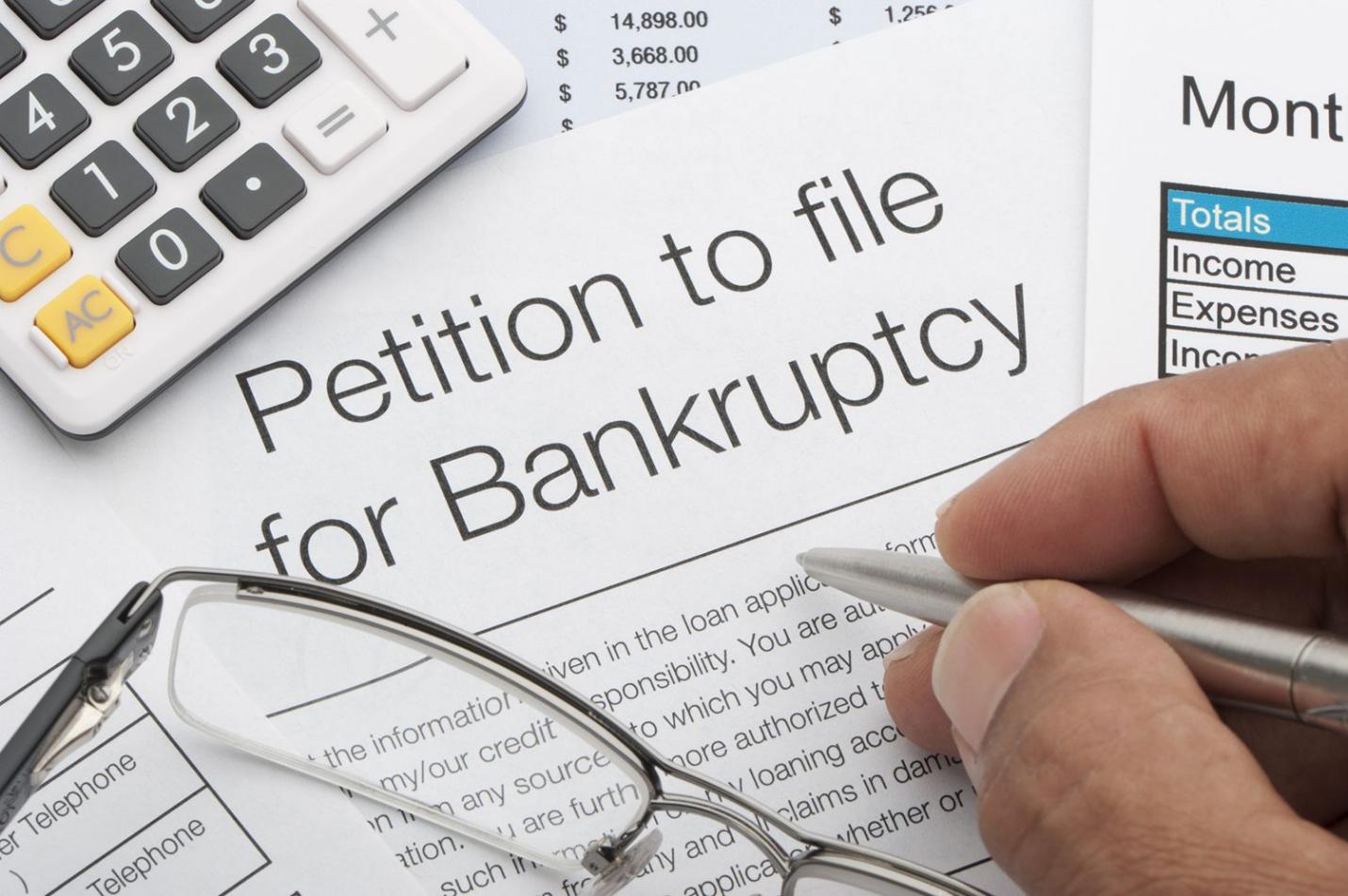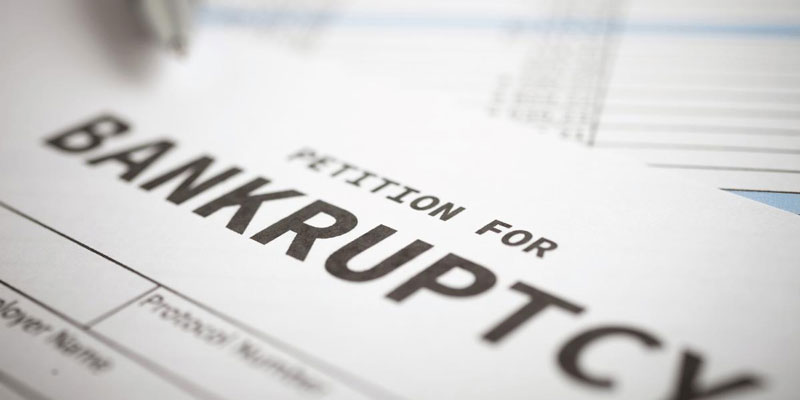When Should You Declare Bankruptcy?
Nov 11, 2023 By Susan Kelly
Declaring bankruptcy may be your best option if you have significant obligations you can't pay back, if you're behind on your mortgage payments and facing foreclosure, or if debt collectors are hounding you. However, bankruptcy has major ramifications, including long-term harm to your credit score, and should be considered carefully before deciding whether or not to file.
Types of Bankruptcy

Six distinct sorts of bankruptcy cases can be brought before federal courts. Chapter 7 bankruptcy and Chapter 13 bankruptcy, because they are defined in Chapter 7 and Chapter 13 of the federal bankruptcy legislation, respectively, are the two most prevalent varieties filed by individuals. Despite its frequent appearance in the media, Chapter 11 bankruptcy is typically reserved for large corporations.
The most common bankruptcy filing, Chapter 7, is often called a liquidation or straight bankruptcy. If a court-appointed trustee sells some of your property and partially uses the money to reimburse your creditors, then your obligations will be dismissed. You may be able to keep certain assets out of a bankruptcy sale.
However, this will depend on the specifics of your case. Your vehicle, wardrobe, home furnishings, tools, pension, and a percentage of your property's value all fall into this category. Any assets you intend to keep should be detailed in your bankruptcy filing.
Steps In Filing for Bankruptcy
To file for bankruptcy, one must follow a series of procedures mandated by law. Your lawsuit may be thrown out if you don't comply with them. Individuals considering bankruptcy must attend credit counselling and get a certificate to include in their bankruptcy petition.
Simply contacting or visiting the website of your local federal bankruptcy court will provide you with the contact information for credit counselling firms that the government has approved. To declare bankruptcy, you must file a petition and documentation detailing your income, expenses, and assets.
As part of your application, you'll need to fill out a means test form to see if you qualify for Chapter 7.5 assistance based on your income level. If not, then Chapter 13 bankruptcy is your only option.
The Repercussions of Declaring Bankruptcy
The effects of any form of personal bankruptcy are unfavourable. Credit reports will show a Chapter 7 bankruptcy for ten years, but Chapter 13 bankruptcies will show up for seven years. 9 Declaring bankruptcy has the largest single impact on credit ratings, says Experian, one of the three major national credit agencies.
If other lenders, insurers, or prospective employers check your record, they can get the impression that you're not a reliable borrower or employee. Also, remember that bankruptcy may only be used to wipe off debts a certain number of times.
If you have previously filed for Chapter 7 bankruptcy and had your obligations dismissed, you will need to wait eight years before filing again.
Should You Get a Lawyer?

Unlike companies and partnerships, individuals are not required to retain legal counsel while seeking bankruptcy protection. The process is known as "pro se" filing. Filing for bankruptcy is not something you should try without the assistance of a lawyer who is familiar with the process.
Possibilities Other Than Filing for Bankruptcy
Although bankruptcy is not the only option, it might be the greatest means to free oneself from overwhelming debt. In many cases, you may get a reduction in your financial obligations without having to file for bankruptcy and deal with the unpleasant repercussions. Creditor negotiations outside the judicial system occasionally result in a win-win situation for all parties involved.
A creditor may be willing to negotiate a more favourable repayment plan, such as a debt reduction plan or an extended payment schedule if the alternative is getting nothing. If you are having trouble keeping up with your mortgage payments but want to avoid declaring bankruptcy, a call to your loan servicer is in order.
Forbearance, when payments are temporarily suspended, is one possibility, as is a repayment plan that spreads out payments over a longer time and a lesser amount every month. In addition, you can look into a loan modification, which can permanently alter your loan's conditions to make it more manageable.
Bankruptcy: When to Take That Step
The purpose of bankruptcy legislation is to provide a way out of financial ruin for those who have accrued massive debt through no fault. But it's not easy, and the results aren't certain to be positive. If you're considering bankruptcy, weigh your options and mentally prepare yourself for the above drawbacks.
If you find yourself in the same position as hundreds of thousands of Americans each year and feel bankruptcy is your only alternative, take heart in knowing that the mark on your credit history will fade with time. You may put bankruptcy in your past by making responsible use of credit in the future and by paying your payments on time.

When Should You Declare Bankruptcy?

What Is Passive Real Estate Investing?

Why Should I Care About Canada's Pension Plan (CPP)?

An Insider’s Guide to 12B-1 Plan: Purpose and Structure

How to Refinance Student Loans The Complete Guide

The High Cost of Chasing the 'Insta Life': How Social Media Can Impact Your Finances

Credit Card Tips For Beginners

Understanding the Chicago Mercantile Exchange and Its Role Today

A Guide on What Is a Credit Freeze and All that You Should Know About It
